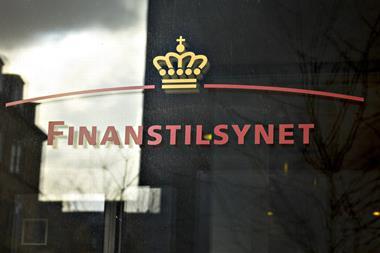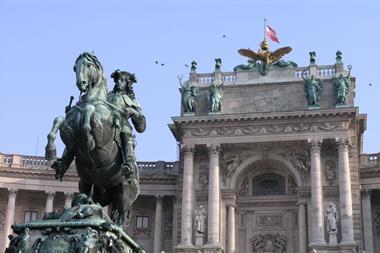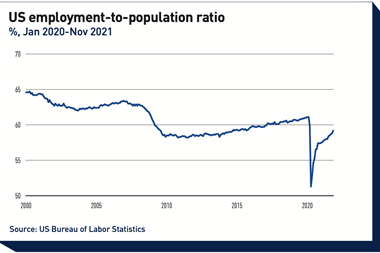Denmark’s largest commercial pensions provider PFA still expects equity returns to be positive for this year as a whole, despite markets having tumbled at the start of the year, but said many factors are causing uncertainty.
In a statement on its chief strategist’s views on the current state of investment markets, PFA said that despite the uncertainty, Tina Choi Danielsen still believed 2022 would offer positive equity returns, “as we are embarking on a historic economic recovery that does not seem compatible with a continued decline in equities”.
In the commentary, she pointed to Wednesday’s meeting of the US Federal Reserve, in which the central bank revealed it may implement more than the three interest rate hikes it already had planned for this year, in order to mitigate inflation.
“Although there are definitely risks out there, the recent downturn in the markets must therefore also be seen as a reaction to the unprecedented long progress we have experienced since 2020,” Choi Danielsen stated.
Growth prospects were still good, the threat from the pandemic was waning, and the global economy was continuing to benefit from expansionary fiscal policy, she said.
The ongoing Ukraine-Russia conflict, which was creating further uncertainty around historically-high energy prices, was one of the driving forces behind rising inflation – as was the spread Omicron, which continued to weaken labour supply around the world, she said.
Choi Danielsen said such inflationary conditions were, in a way, temporary, but might have a more lasting and self-reinforcing character if they led to increased wage pressure.
“Interest rate hikes should help to mitigate this development,” she continued.
“The downside is that rising interest rates can affect growth and thus companies’ earnings and value in the stock markets,” she said.
The PFA strategist warned that investors had to be prepared for the fact that the phase of big stock market fluctuations was far from over, adding that not even the Fed knew how inflation would develop.
Danielsen said people could hope to become better at living with the pandemic, “so that we return to a more normal pattern of consumption that takes the pressure off the demand for goods in favour of services,” adding that this would reduce the bottleneck problems.
If that happened, inflation could start slowing in Q2 and the Fed could lift its foot slightly from interest rate pedal, she noted.
“But again, it is a long time until the second quarter, and everything is possible,” Choi Danielsen said.










